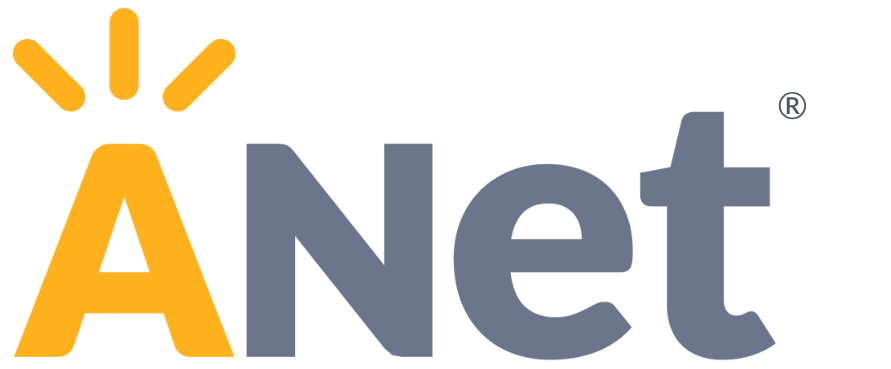People talk about formative and summative assessments. What’s the difference?
These two types of assessment serve different purposes. Simply put, formative means assessment for learning—the results can help teachers plan instruction to meet their students’ current needs. Summative means assessment of learning—the results are for evaluation or accountability.
Examples of formative assessments might include exit tickets, running records, student work, checks for understanding during instruction, or non-evaluative interim tests that cover recently taught material and align with the standards.
Examples of summative assessments might include unit tests, final exams, teacher evaluations, benchmark interim assessments, and state standardized tests.
Are formative assessments better than summative assessments?
That depends on your goals. Are you asking if your third graders have mastered the learning from that grade before advancing to fourth grade? That’s an important question to ask at the end of the year. That’s summative.
Are you asking how well your students understand a concept—say, of multiplication as equal groups—to decide if you need to re-teach it before moving on? That’s formative. This is what ANet interim assessments are designed for.
Isn’t there too much assessing going on?
Yes! The pressure and high stakes surrounding summative assessments has made teachers and school leaders want to better understand their student’s performance during the course of the year, and that has led to more and more testing.
But the reality of over-testing doesn’t change the fact that those teachers and school leaders do need actionable formative data to guide their instruction and planning. To be useful, that data must be based on high-quality, standards-aligned assessments, like ANet interims.

How do you assess the quality of assessments?
This is a conundrum educators have long struggled to solve. Good news! The Louisiana DOE has solved it for us with the first rigorous, independent review.
